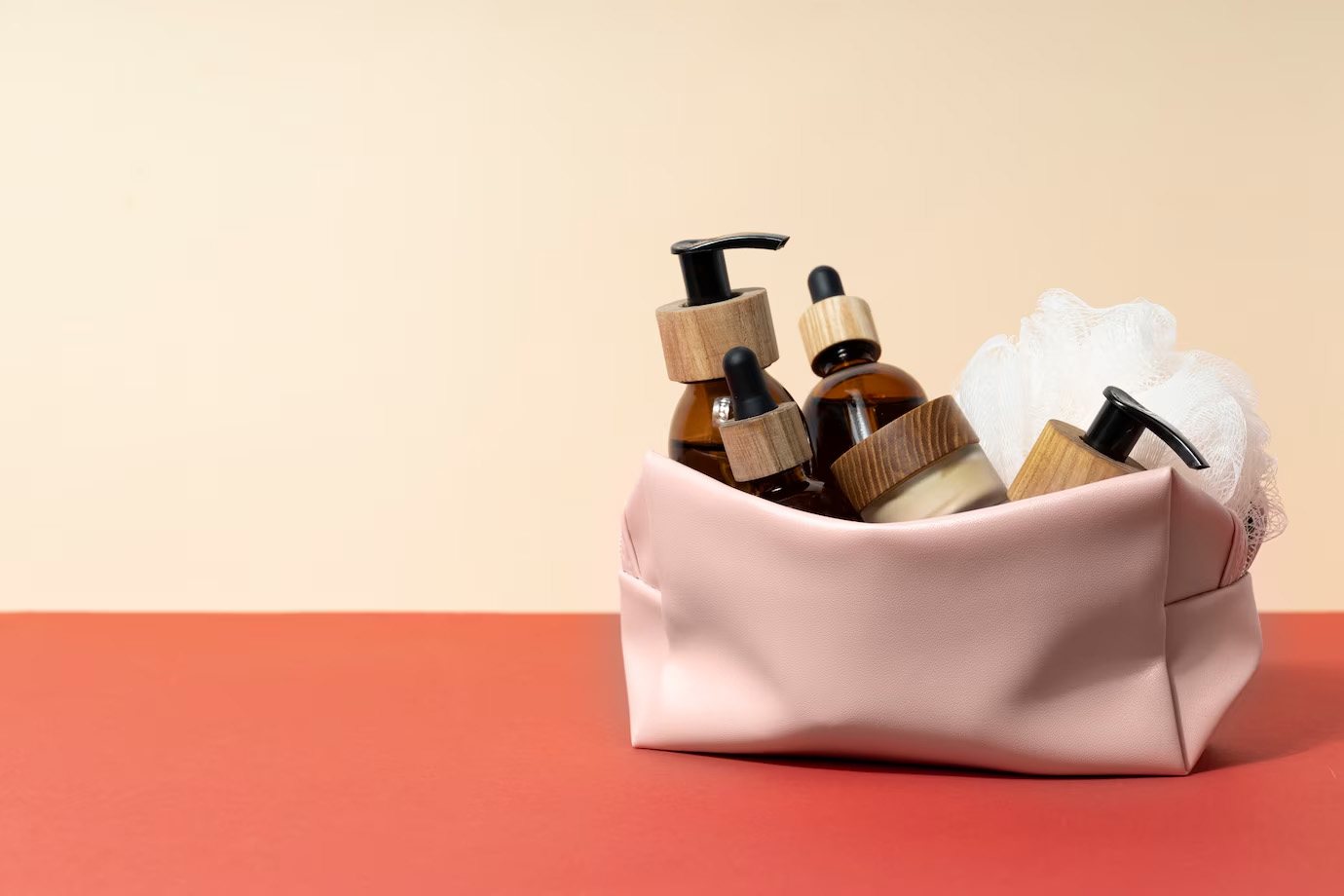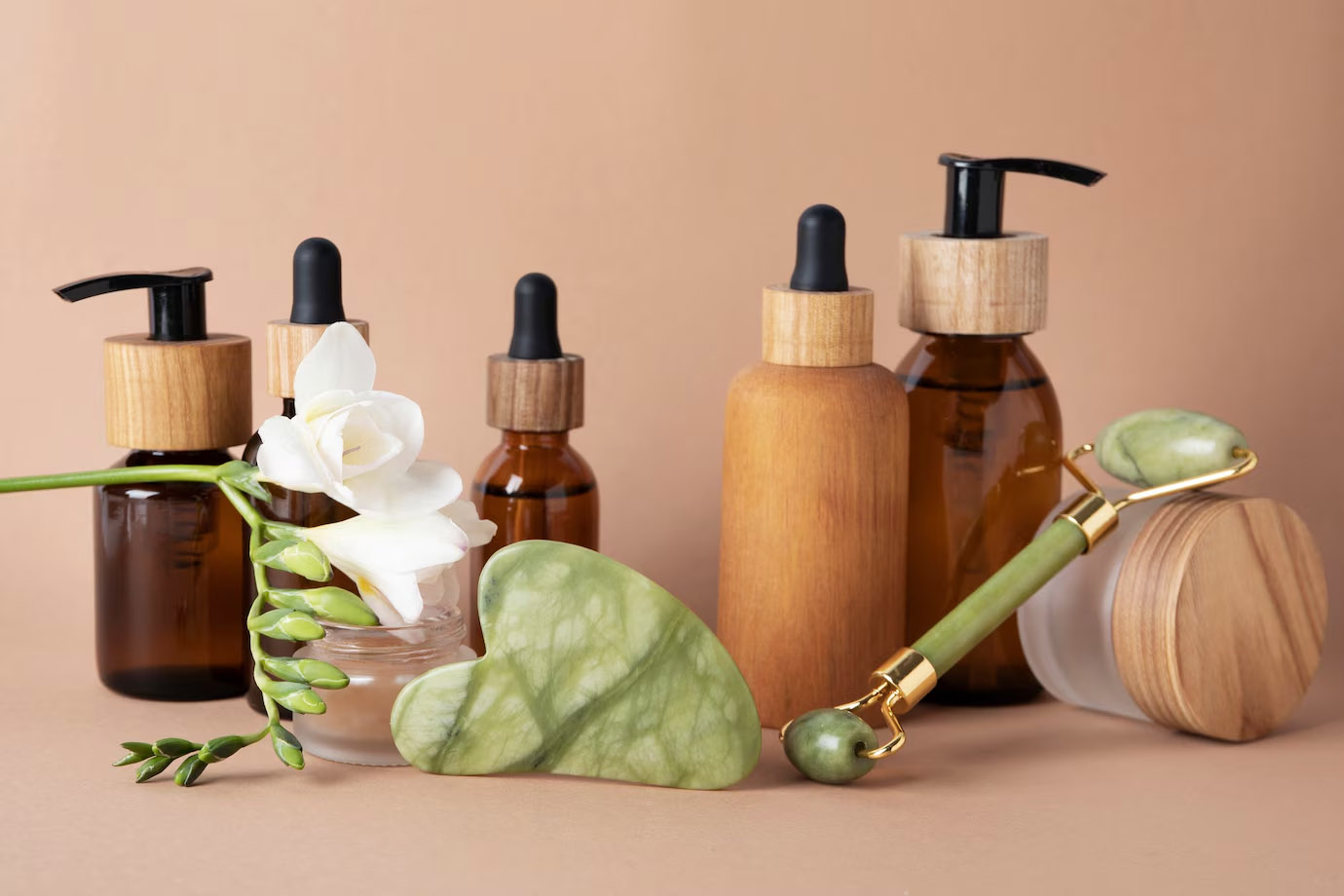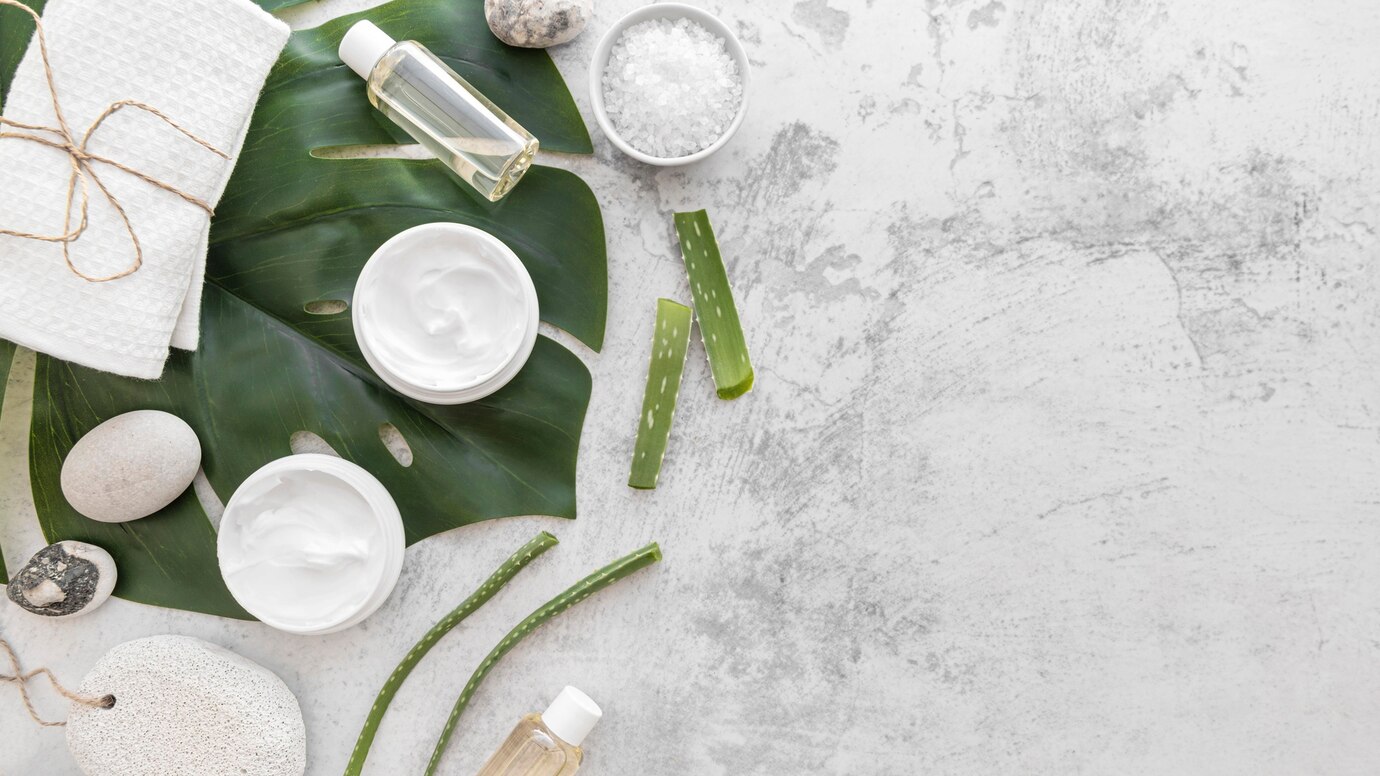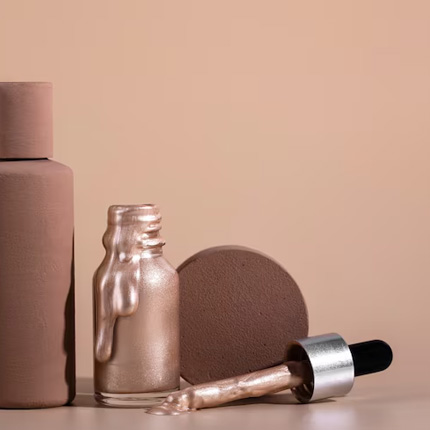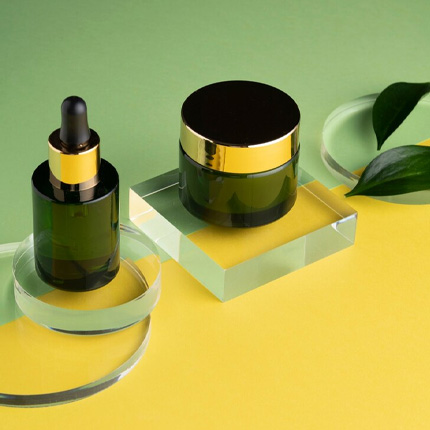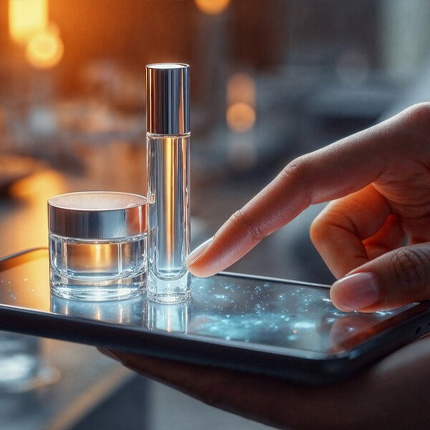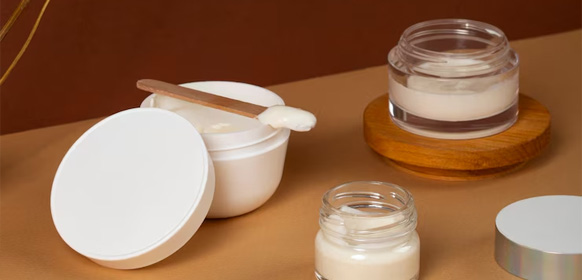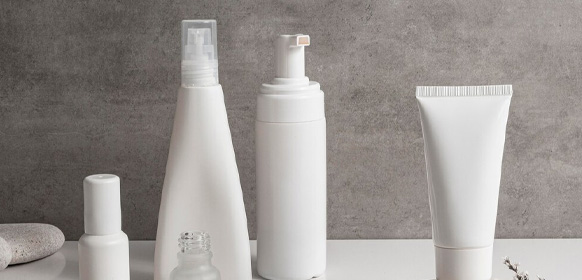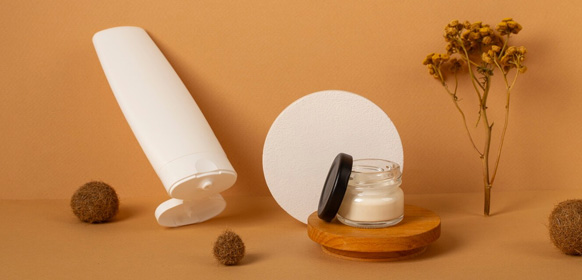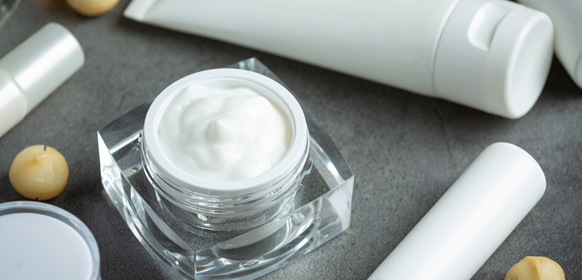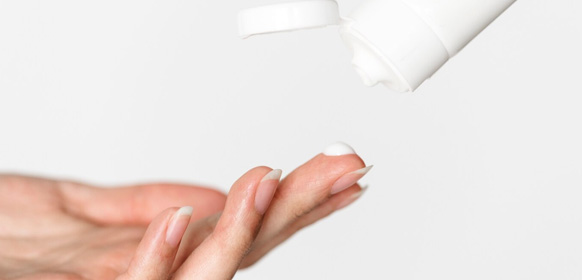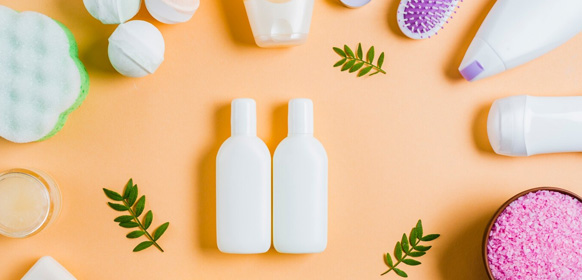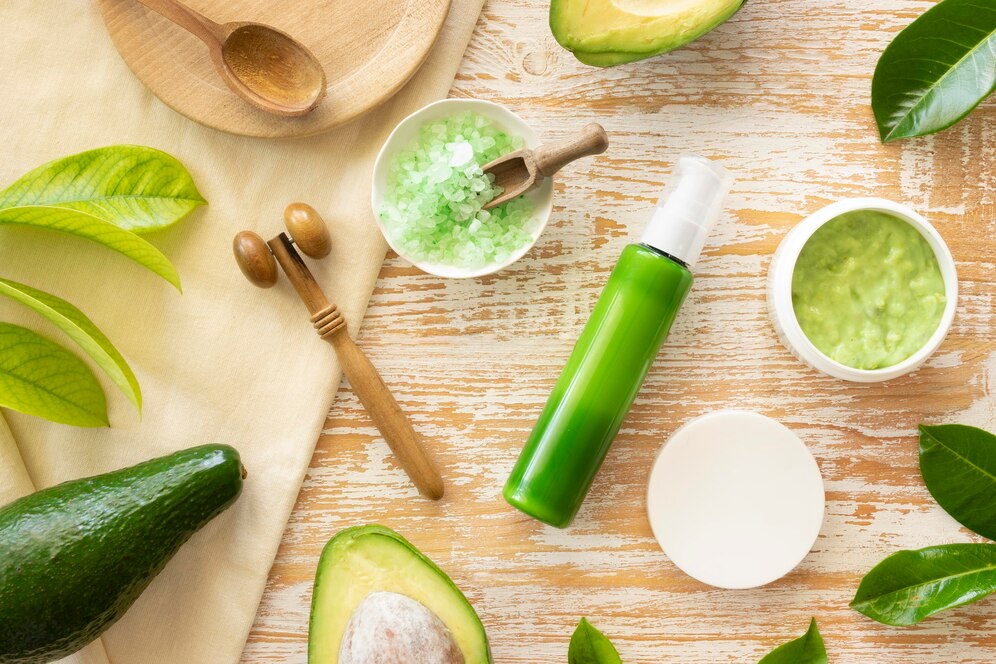
Have you ever harboured the dream of becoming an organic skincare entrepreneur, only to find yourself hesitating at the very beginning, wondering how others manage to stand out in the crowded market and build thriving beauty brands and businesses? While there isn't a universal formula for becoming an organic skincare entrepreneur, our students and graduates who have successfully launched cosmetics businesses do share some commonalities. That is, they possess a solid foundation of professional formulation skills, coupled with unwavering determination and a precisely defined niche. In this article, we will present two graduate case studies to inspire you. Additionally, we will provide some practical advice on how to initiate a natural skincare business and the key areas you need to research and consider when crafting a business plan for skincare products.
The Success Story of Lily and Ava as Organic Skincare Entrepreneurs
Lily Thompson and Ava Rodriguez met in 2013 while working in a marketing agency in New York. They bonded over their shared love for a healthy lifestyle and their growing interest in the organic skincare trend that was emerging online. Inspired by the DIY beauty movement, they began experimenting with simple skincare recipes they found on popular platforms like Pinterest and Instagram. After countless attempts and learning from their mistakes, Lily and Ava founded "PureGlow" - a brand dedicated to bringing high - quality, organic skincare products to the market. As Lily said, "We started PureGlow because we were disappointed with the lack of truly natural and effective skincare options on the mainstream market."
However, they soon realized that to make a real impact, they needed to enhance the sophistication of their product formulations. They decided to invest in their knowledge and enrolled in an online organic cosmetic formulation course provided Armed with new skills and knowledge, they were confident enough to take the plunge. A year later, both Lily and Ava quit their jobs and launched a new line of high - performance organic skincare products. Their hard work paid off as they managed to secure an investment of $200,000 from a group of local investors. Their brand quickly gained recognition and was featured in several beauty magazines. By 2020, PureGlow products were being sold in major retailers across the United States, such as Sephora and Ulta. From this case, it's clear that starting a skincare line doesn't always require a huge initial investment. Lily and Ava started with a small budget at home, focusing on their goals and gradually scaling up their business.
India's Trailblazer in Organic Skincare Entrepreneurship
Priya Sharma from India had a similar journey. In 2015, Priya, who had been working in the corporate world, decided to pursue her passion for skincare. She was particularly interested in using India's rich natural resources for skincare products. Priya enrolled in organic skincare formulation diploma program. In the following year, she launched "NaturaVeda", India's first premium certified organic skincare brand. When asked about her motivation, Priya stated, "I wanted to create something that combined India's ancient herbal wisdom with modern skincare science. I believed that the herbs and plants of my country could offer unique solutions for skin problems."
Priya initially spent a lot of time formulating products using ingredients like neem, turmeric, and aloe vera, which are native to India. She started by selling her products at local markets and gradually built a loyal customer base. Today, NaturaVeda has a team of 50 employees and has expanded its presence across India with flagship stores in major cities like Mumbai, Delhi, and Bangalore. Priya is also looking to expand her brand globally, with plans to enter the European and Asian markets in the near future. Her brand has won several awards for its innovative use of natural ingredients and sustainable business practices. Priya's success shows that with the right knowledge and determination, it's possible to build a successful organic skincare brand even in a highly competitive market.
With the global organic and natural beauty sector projected to grow at an annual rate of 9% until 2025, now is an opportune time to become an organic skincare entrepreneur @formulabotanica. #organicskincarecourse #naturalcosmetics #skincareentrepreneur
The Global Surge of Indie Beauty Brands
The global natural and organic cosmetics market was valued at US \(11,500 million in 2018 and is forecasted to reach US 23,600 million by the end of 2025, growing at a rate of 9.4% from 2019 to 2025. This presents enormous opportunities for entrepreneurs worldwide. In response, thousands of aspiring entrepreneurs are actively planning to transform their lives by acquiring new skills in organic skincare formulation and starting their own independent beauty brands. At Huanyan Cosmetics OEM Manufacturer, we take pride in our contribution to changing lives and careers by offering professional and accessible online training in organic cosmetics formulation. Our community now comprises over 6,500 students and graduates from 144 countries, highlighting that organic cosmetic formulation is indeed a global phenomenon. So, what steps should you take if you aspire to become an organic skincare entrepreneur? Alex Yang, the Director of Huanyan Cosmetics OEM Manufacturer, shares his top tips:
How to Initiate a Natural Skin Care Business
- Acquire Organic Formulation Skills
Many independent beauty brands, such as PureGlow and NaturaVeda, offer sophisticated organic formulations that can have beneficial effects on the skin and hair. If you wish to compete in the market, you need to master organic formulation skills to develop products that truly deliver results. Formulating with botanical ingredients can be more challenging due to their shorter shelf lives. Therefore, you must invest in learning how to create stable, safe, and marketable formulations.
- Define Your Target Niche
Merely being "natural" or "organic" is not a niche in itself. You need to identify the specific demographic you want to target and determine how to meet their needs. There are numerous untapped skincare niches out there; it's up to you to discover, research, and target them. Another one of our graduates, Sophia Green, who founded "EcoChic Skincare", provides valuable insights on how to find your niche in our Meet the Graduate interview with her. EcoChic Skincare focuses on providing sustainable and luxurious skincare products for eco - conscious consumers.
- Craft a Compelling Brand Story
Consumers are drawn to niche, independent brands because they connect with the story behind them. Examples of successful beauty brand stories include those that embrace local traditions, target specific lifestyles, or highlight their founders. You need to create a story that effectively promotes your brand. This story should serve as the guiding principle that permeates every aspect of your brand, including your formulations, designs, and marketing messages.
- Collaborate with a Branding Expert
If you want your products to sell well, you need a strong brand. Your brand design cannot be a logo created cheaply on Fiverr or one made by your friend on her laptop. Ideally, your brand should have an ethos that is reflected in your products, design, and packaging – a cohesive approach that attracts potential customers to your lotions and cleansers. Listen to our podcast interview on 10 tips on branding your indie beauty business to understand how to define and build your brand story. Additionally, you should have your labels professionally printed. Many beauty brands make the mistake of skipping this step, which can lead to disastrous consequences.
- Collaborate with a cosmetic contract manufacturer for production
When launching an organic skincare brand, collaborating with a contract manufacturer offers immense value. Firstly, it grants access to professional production facilities and seasoned formulators. These manufacturers possess state - of - the - art equipment and in - depth knowledge of manufacturing techniques. They ensure products are of high quality and consistency, especially when handling delicate botanical ingredients.
Secondly, it saves time and resources. Instead of building a manufacturing plant from scratch, you can utilize the existing infrastructure of the contract manufacturer. This enables you to concentrate on branding, marketing, and customer service. Additionally, contract manufacturers' established supplier relationships often result in better - priced raw materials, helping to cut production costs.
- Select Your Retail Model
Although it may seem appealing to sell your products solely online if you prefer to avoid the spotlight as a brand owner, this approach may not be sufficient for achieving brand success. Compile a list of multiple retail options that enable you to engage in face - to - face selling, collaborate with both brick - and - mortar and online retailers, and connect with potential customers through social media. Develop a multi - faceted retail plan that allows you to reach the right customers in the right places with your creams and masks.
- Devise Your Marketing Strategy
One of the most challenging aspects of running a niche beauty brand is marketing your products. Create a comprehensive marketing strategy that enables you to connect with your customers. Be visible and maintain consistency in your visibility. As long as you are engaging in meaningful conversations (not just monologues!) with your website visitors, followers, and subscribers on a regular basis, you will gradually find the most effective way to attract new customers and retain existing ones. Just like any other business, starting your own beauty brand requires time, dedication, and passion. However, with the market primed and eager for natural, botanical alternatives, there has never been a better time to become an organic skincare entrepreneur.
If you're interested in learning more about how to become an organic skincare entrepreneur, we invite you to join us by enrolling in one of our organic cosmetic manufacturing communication Huanyan Cosmetic OEM Team can assist you in taking the first steps towards starting the organic skincare or haircare business of your dreams. Try out our free sample class to get a taste of what it's like to study with us.
FAQs
-
How much does it cost to start a skincare line?
There is no fixed cost for starting a cosmetics business. Most independent beauty entrepreneurs start small, often operating from home if permitted by local laws. The best way to determine the initial investment and the funds required for growing your skincare line is to create a business plan. Importantly, you need to establish your personal goals as an entrepreneur and the lifestyle you desire while running your business. Some skincare businesses remain small and generate sufficient income by selling to local retailers and at markets. In contrast, other founders aim for expansion into overseas markets. Your business plans will determine the type of business you need to establish and the amount of financing you require. -
How do I write a cosmetic business plan?
Business plan structures may vary, but if you're planning to write a business plan for a cosmetic business, there are several key sections you need to consider and elaborate on. These include, but are not limited to: defining your mission and vision; determining your market positioning, product offerings, pricing, and the branding strategy to support them; clarifying your current and future manufacturing methods; outlining your retail and potentially wholesale strategies; identifying your current sources of finance and exploring options for raising additional funds; formulating a growth strategy; addressing human resources aspects such as hiring employees and collaborating with partners; and developing a marketing strategy. Although this list may seem overwhelming to new founders, writing a business plan in your first year of business is worthwhile. It serves as a strategic guide that you can refer back to, rather than being a waste of time or something to be filed away and forgotten. -
Where can I learn to formulate natural skincare and haircare?
Join us at Huanyan Cosmetics OEM Manufacturer, where tens of thousands of students and followers participate in our free and paid online courses to learn how to formulate organic skincare and haircare products for personal use or for commercial sale, as well as how to establish a beauty brand and business.
